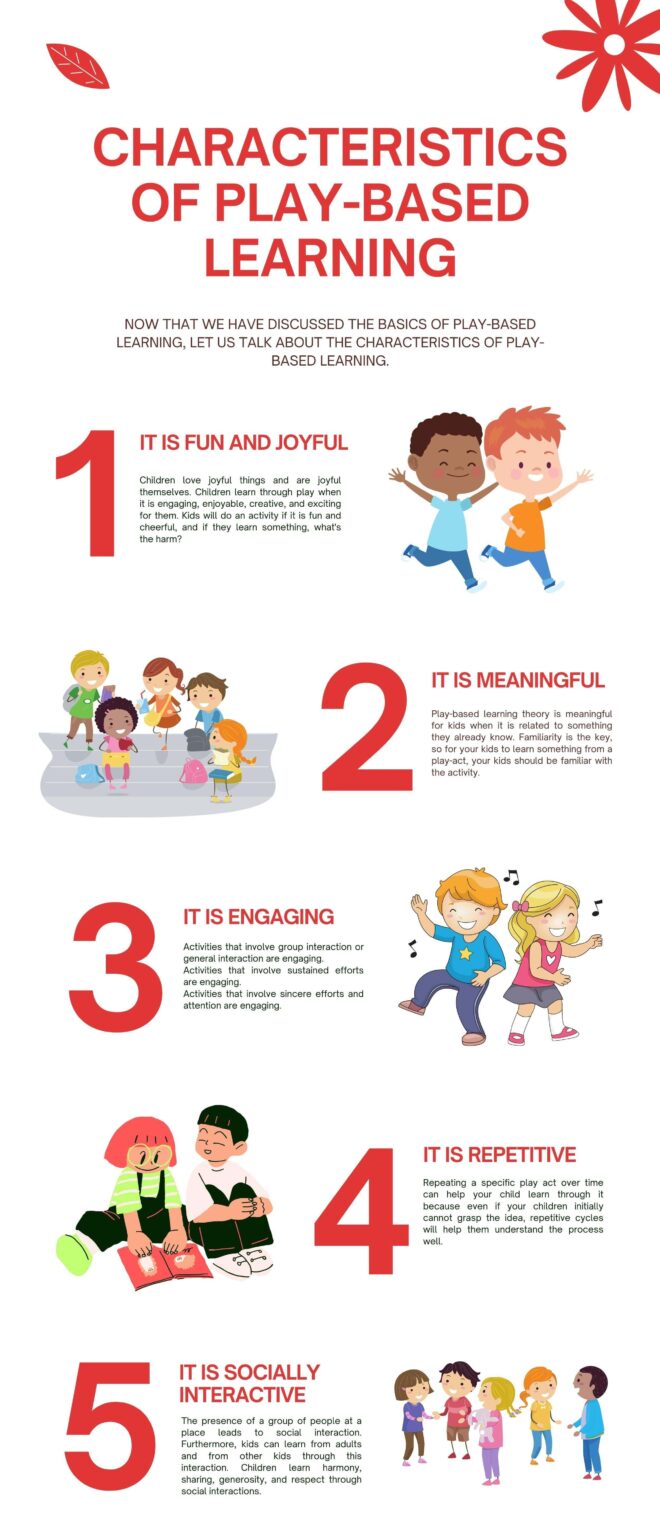the Influence of Play on Athletic Performance: Insights into Federated Long- and Middle-Distance Runners
A pioneering investigation published in Frontiers examines the often-neglected area of play-oriented training methods and their influence on the psychosocial aspects of long- and middle-distance runners. As competitive athletics increasingly prioritize intensive training schedules and stringent performance standards, these new insights challenge customary coaching practices by revealing the advantages of integrating playful activities into athletes’ routines. This groundbreaking research not only illuminates aspects such as psychological resilience, team unity, and overall athlete wellness but also raises vital questions regarding the future direction of endurance sports training. With implications that could transform coaching methodologies and athlete growth, this study encourages coaches, athletes, and sports fans to rethink how play can be integrated into their training regimens.
The role of Play in Building Mental Resilience Among Endurance Athletes
Recent research highlights the significant impact that play-based training can have within endurance sports, particularly for those competing in middle- and long-distance events. Instead of concentrating exclusively on demanding workout plans, incorporating playful elements into exercise routines promotes a more comprehensive approach to mental toughness. Athletes who adopt this innovative method report increased motivation, heightened enjoyment levels, and stronger bonds with teammates, all contributing to enhanced psychological stamina. The fun-filled environment nurtures adaptability—an essential trait for navigating various challenges encountered during competition.
Furthermore, integrating play helps alleviate stress linked to high-performance expectations while promoting better emotional regulation. When faced with setbacks like injuries or disappointing race results, a foundation built on playful experiences can significantly improve an athlete’s ability to recover mentally. Key psychosocial benefits identified include:
- Increased mental agility: Athletes become more adept at adjusting to unexpected changes.
- A boost in self-confidence: Participants develop a stronger belief in their capabilities.
- Tighter team bonds: Engaging together through enjoyable activities fosters deeper connections.
Fostering Team Dynamics and Interaction through Play in Long-Distance Running
The inclusion of playful components within training sessions has proven beneficial for both long- and middle-distance runners by enhancing team dynamics significantly. By engaging in games or fun activities during practice times, athletes experience reduced stress levels alongside increased camaraderie among peers. These lighthearted interactions promote effective communication among teammates which leads to improved collaboration and also mutual support systems.Activities such as team challenges, amiable competitions,
and ice-breaker games help cultivate a sense of community that counteracts feelings of isolation frequently enough associated with long-distance running.
The positive effects stemming from playful engagement extend beyond mere communication; they also enhance motivation towards achieving collective goals within teams. When athletes participate actively in enjoyable scenarios reminiscent of games or competitions their intrinsic motivation flourishes—resulting ultimately higher participation rates along with enthusiasm throughout workouts.
this strategy cultivates an energetic team culture where members are eager not just individually but collectively push boundaries together.
Below is a summary table outlining key psychosocial variables influenced by incorporating playfulness:
| Psycho-social Variable | Efficacy Of Playful Approach | |
|---|---|---|
| Cohesion Within Teams | Improved trust & collaboration | |
| Communication Skills td >< td >Greater openness & ease when expressing thoughts td > tr >< tr >< td >Motivational Levels b> td > | Enhanced intrinsic drive & participation rates | tr > |
| Enjoyment Factor b> td > | Increased satisfaction derived from trainings | tr > |
| Metrical Indicator th > | Status Before Implementation / th | Status After Implementation / th / tr /> | >6 / t d | >8. 5 / t d /tr /> |
|---|---|---|
| >7 / t d | >9 / t d /tr /> | |

